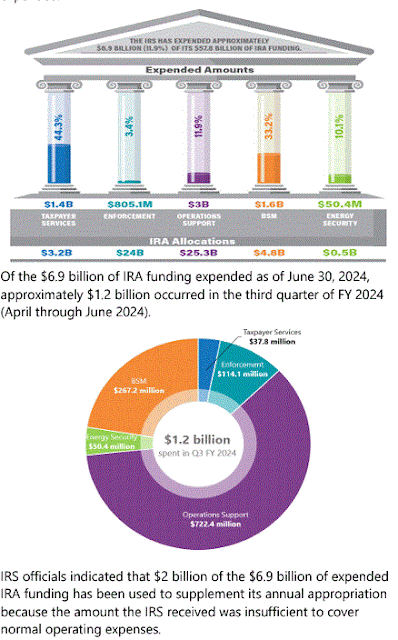On March 5, 2024 we posted Federal Court Rules Corporate Transparency Act Unconstitutional - Do You Still Need to File BOI? where we discussed that in National Small Business United v. Janet Yellen, a Northern District of Alabama Federal Judge ruled on March 1, 2024, that the CTA was unconstitutional. Citing privacy concerns, and a myriad of legal reasoning and precedent around the scope of Congress’s power.
Now during the week of Sept 23rd challengers of the Corporate Transparency Act's beneficial ownership information reporting requirements argued their position in the first case to reach a federal appellate court, however, it was unclear whether the 11th Circuit panel was receptive. (National Small Business United (NSBU) v. Yellen (No. 24-10736).)
NSBU, however, is not challenging the Corporate Transparency Act as applied in a particular circumstance, but rather has said the law "has no constitutional applications." Prevailing on a facial challenge requires clearing a "very high bar," the government has argued in its briefing and NSBU has failed to do so, said the government, because of the "many valid applications" of the statute as to "companies engaged in interstate commercial activity at the time they file reports."
NSBU has argued that facial challenges should be evaluated under a different standard when enumerated powers are at issue. "If Congress lacks constitutional power to enact a federal statute, then that statute is facially invalid and has no constitutional applications," it said in briefing.
The Treasury Department's Financial Crimes Enforcement Network made its interpretation of the ruling clear in a statement issued by FinCEN stated that the ruling applies (ONLY) to the plaintiffs in NSBU.
Choosing to file means potentially losing a filing fee and any cost incurred for taxpayers who decide to use an advisor. However, filing provides peace of mind, staying in CTA compliance means there's no chance of facing more stringent financial and criminal penalties for failure to file.
Contact the Tax Lawyers at
www.TaxAid.com or www.OVDPLaw.com
or Toll Free at 888 8TAXAID (888-882-9243)
Read more at: Tax Times blog











